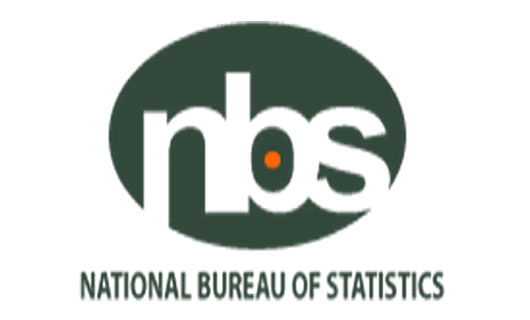Nigeria, presumably, has the largest market in Africa with a population conservatively put at over 200 million, and an economy broadly classified into formal and informal sectors.
The country’s economic climate is still very much attractive for foreign investments, despite its present challenges.
It is also estimated to be the largest economy in Africa, with Gross Domestic Product (GDP) of $549.6 billion, and it’s still attracting foreign investments especially from private equity funds.
Business analysts estimate that the informal sector accounts for as much as 65 per cent of the total economy, although the sector is not included in GDP calculations due to lack of credible data on the mostly cash-based activities.
The concept of globalization has given impetus to multinational corporations/enterprises to operate more easily in other countries, including Nigeria, other than their home countries.
Consequently, today, Multinational Corporations like DSTV, Toyota motors, Coca- Cola, Lever brothers, etc, dominate the landscape of Nigerian economy.
As a result of the country’s huge and growing population, it is a lucrative market for these companies that have learnt to navigate a complex and evolving business environment.
These established multinationals have deciphered how to operate in a challenging regulatory environment and make substantial profits despite the country’s low level of income and logistical difficulties.
Most of the products and services in the market today are mostly supplied by these multinational corporations.
Their presence and significance in lives of the people are undeniable facts as they have developed distinct advantages which they also explore and exploit and put to the service of world development while applying same to local environment.
Their ability to tap financial, physical and human resources around the world and to combine them in economically feasible and commercially profitable activities is enormous. Similarly, their capacity to develop new technology and skills and their productive and managerial ability to translate resources into specific outputs have proven to be outstanding over time.
These multinational corporations are, unarguably, very rich in all ramifications because of the profit they make in Nigeria and elsewhere.
But, while these companies are smiling to the banks in terms of the profits being realised from the huge market the country possesses one cannot say with candour that Nigerians are getting their money’s worth.
It’s disturbing, in our opinion, that many of these foreign and even local multinationals are exploiting the vulnerability of Nigerians who are weakened by variables such as high inflation, poor disposable income among others challenges.
This newspaper has observed and monitored with keen interest over the years, the abysmally huge gap between skyrocketing prices of these products and their quality, which has dropped substantially within the period under review.
It needs to be pointed out that while Nigerians are paying more for these products, we cannot say with confidence that the value of these products is commensurate with the money spent on them by consumers.
At a time the world is recording advances in technology in all aspects of life, Nigeria is being inundated with goods which quality and, in many cases, quantity are no longer what they were in the recent past.
We have opportunities to travel to home countries of these products and we see a huge difference between the products on the shelf for sale over there and the ones they dump on Nigerians for use here in the country.
A case in point is the Digital Satellite Television (DSTV), which recently increased its subscription rate and has continued to increase its prices arbitrarily whenever it deems fit.
Despite the flaks the action generated, the South African based country not only went ahead to implement the price hike but also removed some channels from the subscription bouquet of Compact, for instance, and other bouquets in it’s kitty.
For a ready huge market like Nigeria, it is appalling for DSTV to continue to undermine the average Nigerian consumer when it’s an undeniable fact that they rake in more money here than in their home country.
We are, therefore, urging the regulatory bodies saddled with the responsibility to protect the interest of consumers and shield them from the these Shylock tendencies of multinationals to please, look into it and not continue to allow the country to be taken for a ride.
Granted, the Federal Competition and Consumer Protection Commission (FCPC) is doing remarkably well, since the law backing it was passed few years ago, a lot is still to be done to give Nigerians their due rights as consumers.
In the opinion of this newspaper, the commission should move swiftly to arrest this trend and stop the exploitation of Nigerians in their own home by these multinationals.





